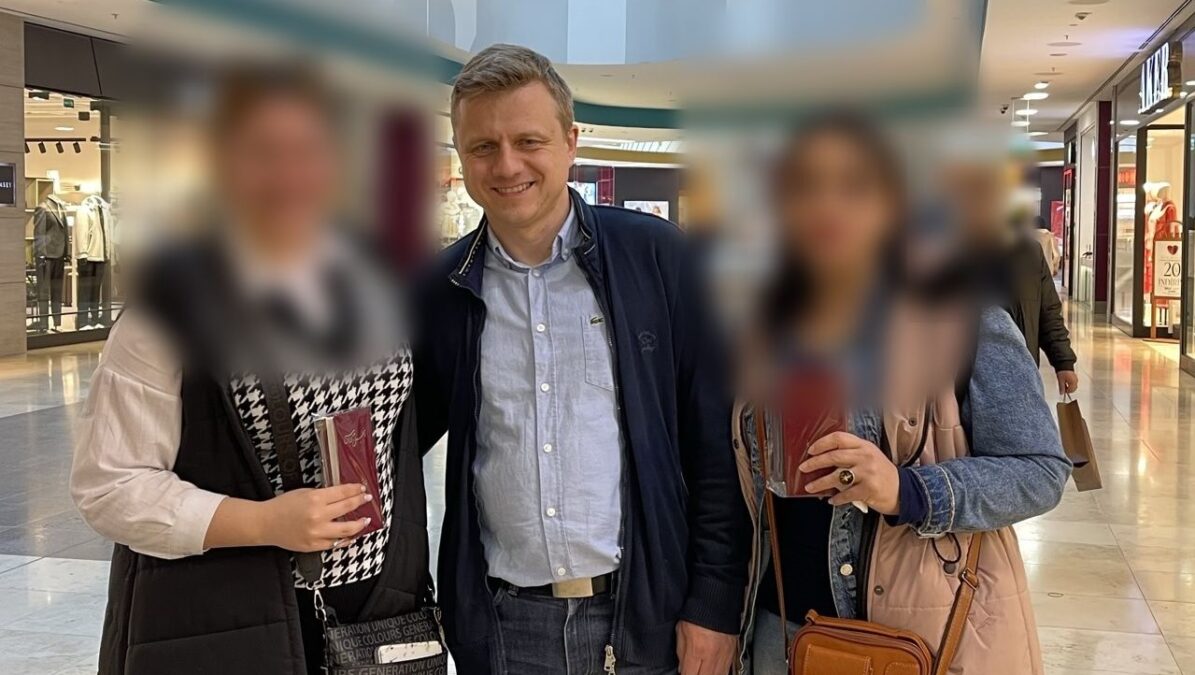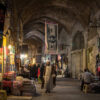A few months ago, I visited Iranian Christians in a neighboring country to Iran. They were given a basic course in the Bible, including how to share their faith.
In some classes, the teaching even became very practical as the students had to share their faith with other Iranians in the nearby shopping mall. I walked around the mall with two outspoken women who listened for other customers speaking Persian. They greeted their compatriots, invited them to a meeting that evening at a church and offered them copies of the New Testament. These New Testaments are co-sponsored by Danish European Mission's intercessors and donors. I stayed in the background during the conversations.
I was struck by how welcoming the vast majority of Iranians were, but one conversation made a particular impression. The women struck up a conversation with a man who told them that he was a Sayyid, which means that his lineage can be traced back to Mohammed. His family had a high status in Islam.
The man did not become a Christian on the spot, but I still remember the open and friendly expression on his face. How he put his right hand on his heart as he said goodbye to the women. How he accepted the New Testament.
If the people of the Middle East listen in this way - and later accept the message of the Bible - the convert church can continue to grow in the future, I thought.
The face of the Middle Eastern church is changing so that it is no longer mainly characterized by Christian ethnic minorities such as Armenians, Chaldeans and Assyrians. It is sad and a loss for the Middle East that these groups, due to persecution and challenging economic circumstances, are emigrating.
These Christian ethnic groups have their own languages and cultures that differ from the Arab, Turkish and Persian majority populations in the region. It's different when Muslims come to faith in Jesus, as they will typically listen to preaching, pray and sing praise songs in their native language. This contextualizes the Bible's message to the majority cultures of the Muslim world, radically changing the cultural expression of the church.
In these years, we can be filled with gratitude for how people from the majority of the population are given a new life through faith in Jesus. But to some extent, church growth can stem from a rejection of Islam and a desire for a free, Western lifestyle, rather than an embrace of the Bible's message. Therefore, new believers must be trained so that their faith is deeply rooted in the Bible.
The new Convert Church is born in pain. Just as a woman gives birth in pain, the convert church is born through persecution, discrimination and suffering. Many experience resistance in their families to their choice. Some Christians even suffer martyrdom for their faith.
Thank you so much for standing with the church in the Muslim world. Your prayers and support make a positive difference for Christians who risk persecution, discrimination and harassment, but also see with their own eyes how the dry land is greening, how the church is sprouting again in the countries where the Christian message was first preached.






